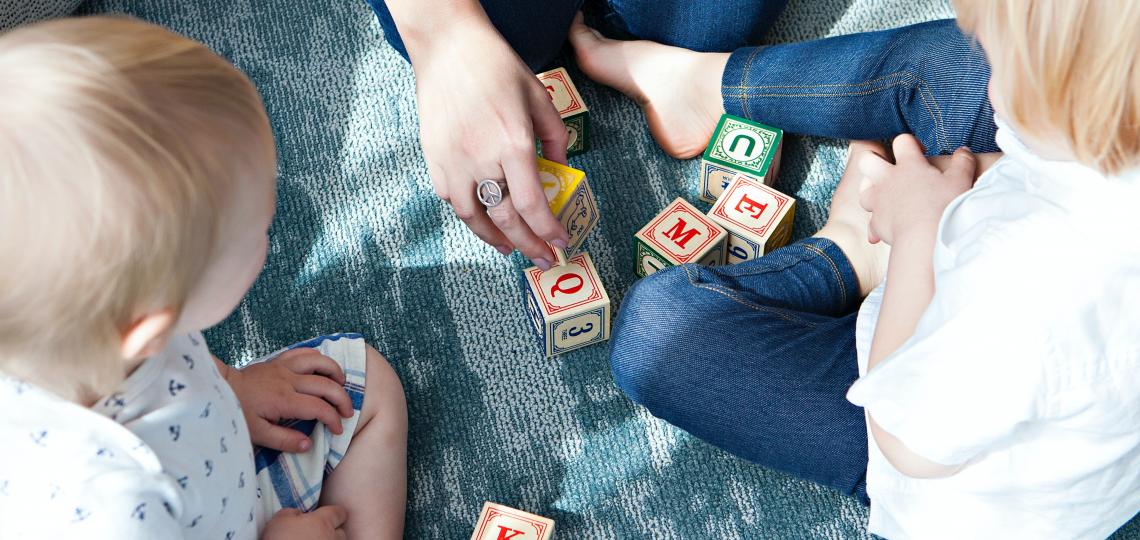
Overview
We are developing new, play-based situations to understand what infants as young as four months know about the world. By combining this information with detailed biological measures of infant health, we are trying to better understand the development of health related behaviors from a child’s earliest experiences.
Related Projects
Baylor Infant Twins Study (BITS) - Because of their shared early experiences, the differences between children within a twin pair can tell us a lot about how the environment shapes development. In BITS, we are using new, play-based situations to understand what infants as young as four months know about the world, and about how this knowledge can shape their early developmental trajectory.
Baylor Infant Orometer (BIO) Study - Building off our flagship study, BIO looks at whether how an infant reacts during a play-based observation can tell us about how they react to food. We are lucky enough to have an “orometer”, which measures fourteen unique parameters related to sucking during bottle feeds, on loan from collaborators in Portland as well as use of the body composition laboratory at the CNRC.
Collaborators
- David Bridgett, Associate Professor of Clinical Psychology at Northern Illinois
- Neil Buist, Professor, Oregon Health and Science University
- William C. Lange, Professor of Mathematics, Indiana University Southeast
- Scott Buckey, President/Owner , Research Prototypes
Funding
The Genes, Behavior and Risk Lab are grateful to the USDA/ARS (project numbers: 309-5-001-058 and 3092-51000-063-01S) and the National Institutes of Health (project number: 1R21HD08786001) for their ongoing support of this project.








